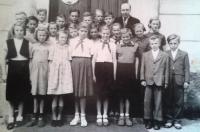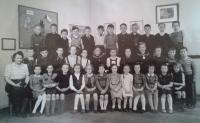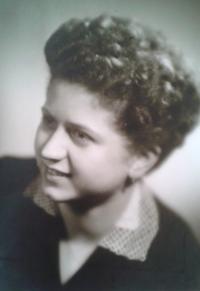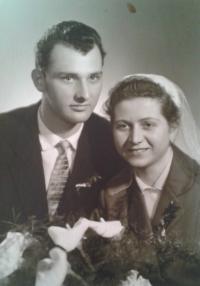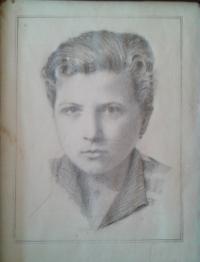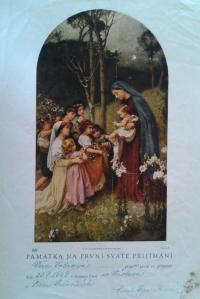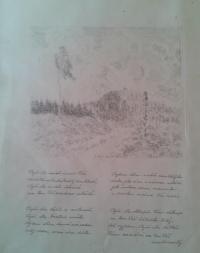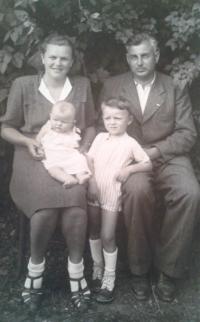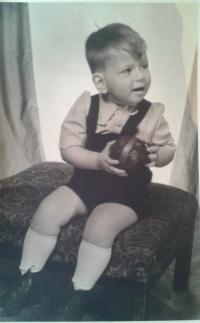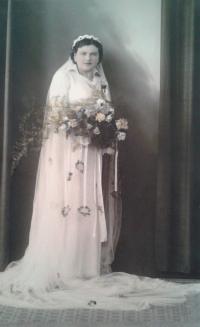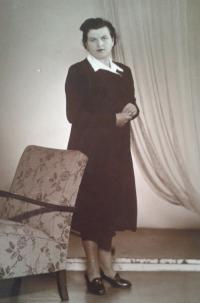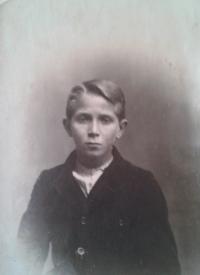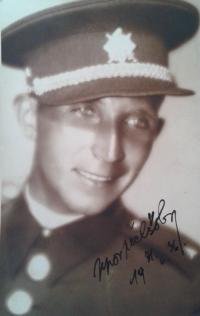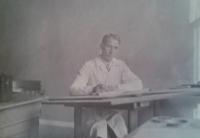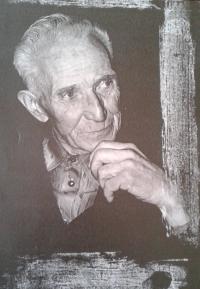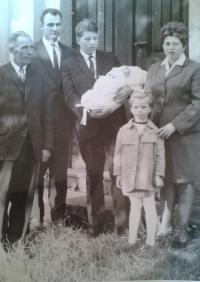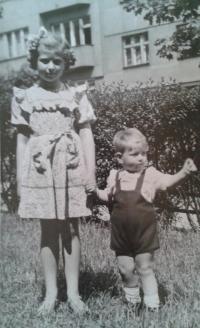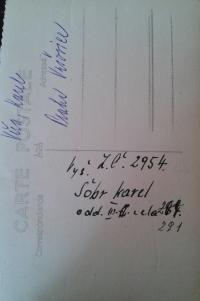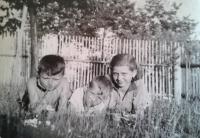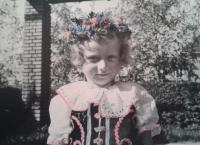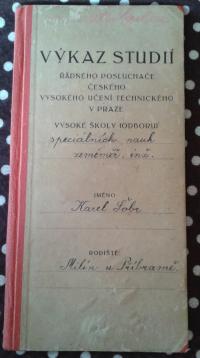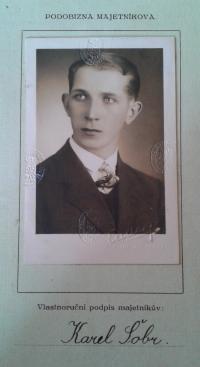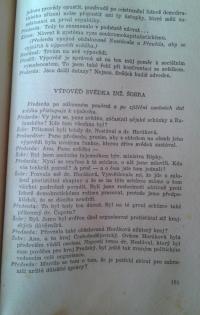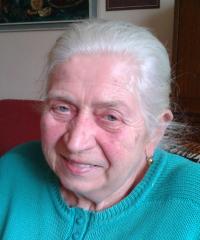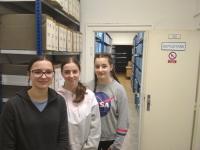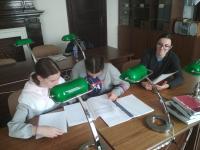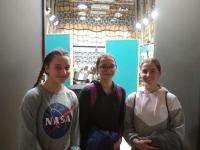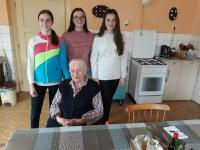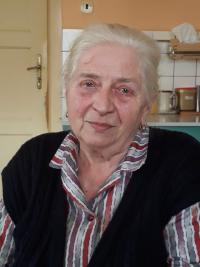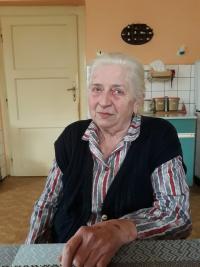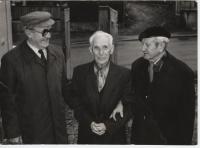Do not overtop anyone, but do not demean yourself before anyone
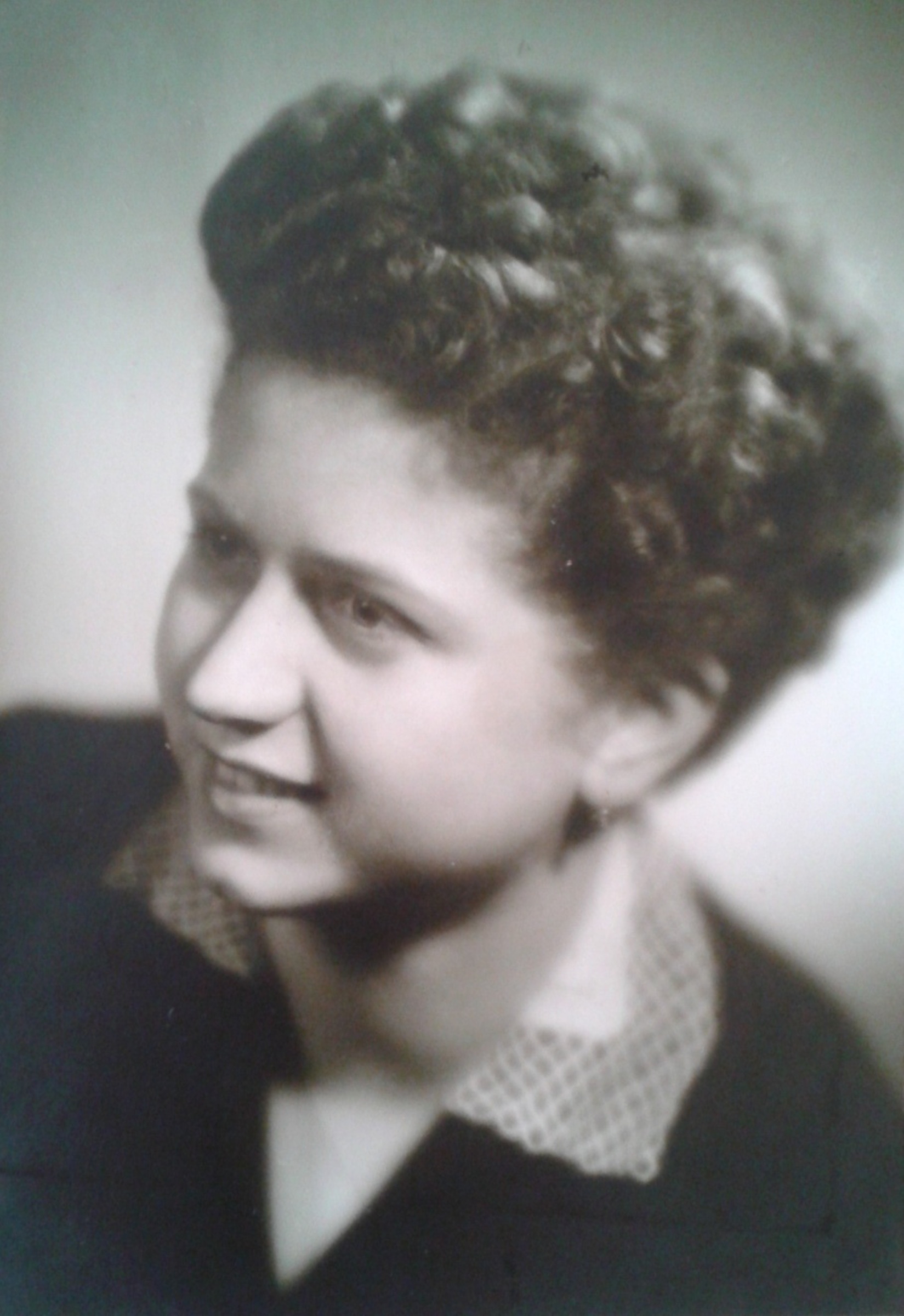
Download image
Věra Kopalová, née Šobrová, was born on May 27, 1941 in Milín. The family soon moved to Prague - Vršovice. The father, Karel Šobr, was an engineer of agricultural buildings. He worked first at the Prague Land office in Prague and later as the Secretary of Foreign Trade Minister, Mr. Hubert Ripka. The mother Anna, born Maříková, was a housewife. Věra Kopalová attended the first class in Kodaňská Street in Prague. After the communists came to power in 1948, Hubert Ripka emigrated and offered the same to Karel Šobr’s family. But he refused due to family reasons. Karel Šobr was fired from the ministry and worked in the uranium mines in Příbram for some time. In November 1949 he was arrested by the state police and testified in the trial with Milada Horáková. He was subsequently tried in the process of JUDr. Čupera et al. and sentenced to 25 years in prison for treason. The family was closely monitored by the state security, its property was confiscated, and the mother, with two young children, had to emigrate to her brother František Mařík in Milín. Here the witness attended elementary school from the fourth to the eighth grade, and the next three years she attended the gymnasium in Příbram thanks to her uncle´s intercession. She remembers the rare visits of her father in various prisons all over the Czechoslovakia. After the grammar school she joined the mines in Rudná in Příbram - Vrančice shaft and then she worked at the ticket office at Milín railway station until retirement. In 1960 her father was released during amnesty. In the same year Věra Kopalová got married, and her three children were born. In August 1968 the Milín station was designed for unloading the Soviet troops, and Věra Kopalová remembers their arrival and meeting the soldiers. In spite of her inadequate cadre origin the comrades tried to convince her to join the communist party several times. After the revolution she and her brother pursued their father’s rehabilitation, but he had not lived long enough to witness it. Věra Kopalová currently lives in Milín.
